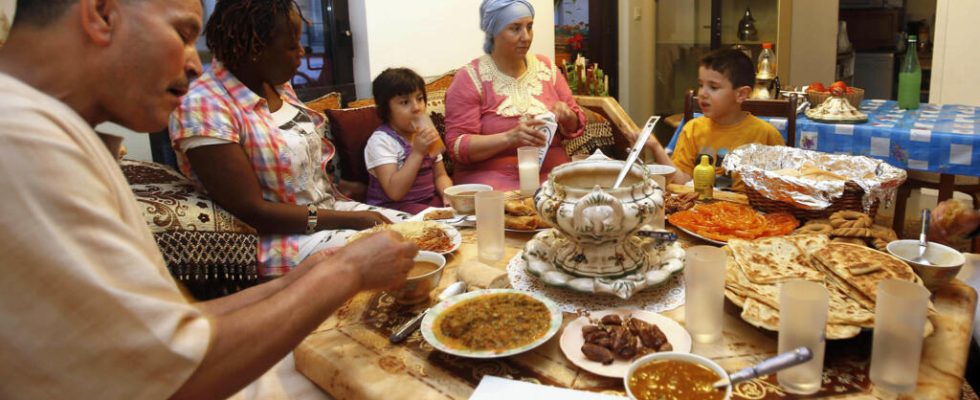Italian lyrical singing and bolero also include UNESCO heritage
In addition to the iftar, UNESCO also integrated, this Wednesday, Italian lyrical singing into its intangible heritage, as well as the bolero, the music of love in Cuba and Mexico.
Rome welcomed the recognition of a brand of “ global excellence “. From Scarlatti to Verdi via Monteverdi, the great Italian opera arias are sung all over the world, embellished by famous interpretations like that of tenor Luciano Pavarotti (1935-2007).
“ Transmitted orally between a maestro and a student, this practice promotes collective cohesion and sociocultural memory. It is a means of free expression and intergenerational dialogue, its cultural value is recognized nationally and internationally. », Estimates UNESCO. The institution defines this art as “ a physiologically controlled singing technique that intensifies vocal power in acoustic spaces such as auditoriums, arenas and churches “.
The bolero was born in Santiago de Cuba, in the southeast of the island, at the end of the 19th century, with Tristeza by Pepe Sanchez, before reaching neighboring Mexico. In 1932, it was a Mexican, Consuelo Velazquez, known by her diminutive Consuelito, who wrote Bésame muchothe most famous bolero in the world covered by Nat King Cole, Frank Sinatra and the Beatles.
The golden age of Mexican cinema (1940-1960) popularized the genre in Latin America, with actor Pedro Infante and singer-songwriter Agustin Lara. Cuban “boleristas” like Benny Moré or Rita Montaner made careers in Mexico, where the fame of trios like Los Panchos crossed borders. The request for inclusion of the bolero in the intangible heritage of humanity was also presented jointly by the two countries.
(with AFP)
